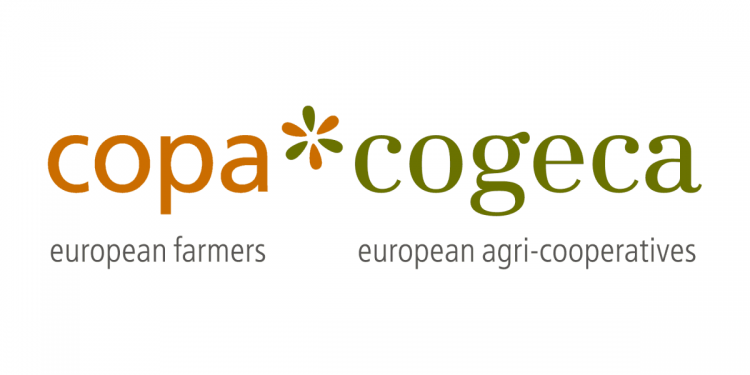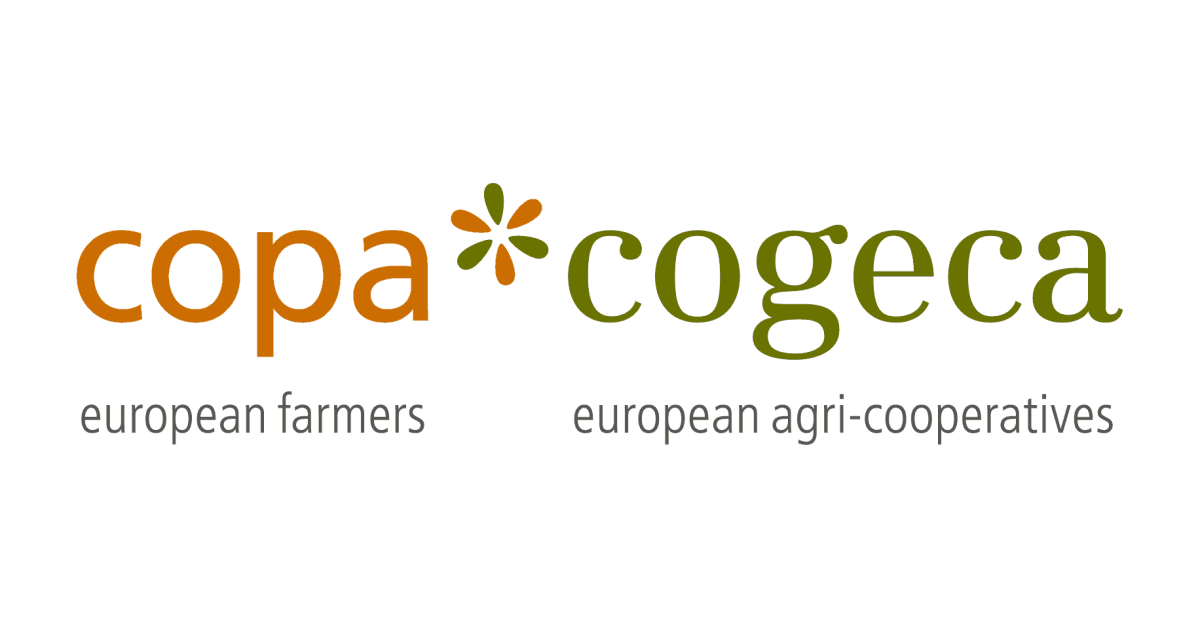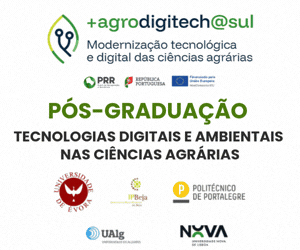After more than a decade of postponements, the European Commission has finally presented a proposal for a regulation on New Genomic Technique (NGT) plants together with a proposal for the revision of the plant reproductive materials marketing directives. Copa and Cogeca welcome the move and consider these proposals a good starting point for delivering solutions, concerning the inter-institutional negotiation.
NGTs (or new plant breeding techniques) are part of the toolbox that enable breeders to speed up their breeding programmes and bring faster and better plant varieties to the market, which must be accessible in all sectors and all regions helping European farmers, who face many challenges including the acceleration of climate change.
New plant varieties must offer additional benefits compared to existing plant varieties. Knowing that these varieties have been tested and evaluated according to an already established criteria is a form of assurance for farmers. Strengthening the testing of plant varieties regarding sustainability is an improvement as the production level must be maintained to ensure food affordability and security.
Finally, Copa and Cogeca take note of the Commission’s statement regarding the publication on a report on the patenting of plants and related licensing and transparency practices by 2026[1]. The NGT-plants proposal will speed up applications for patents in plants that are already on-going even increasingly faster. By 2026, only so many new patents in plants would be granted, thus blocking others access to genetic materials and controlling plants and plant based-products all the way from breeding to end consumers. Copa and Cogeca, however, oppose using patents in plant varieties.
[1] https://commission.europa.eu/document/a2a71c6d-1dee-41bb-b2ee-51c1cb35d3f4_en
Artigo publicado originalmente em Copa Cogeca.






















































Discussão sobre este post